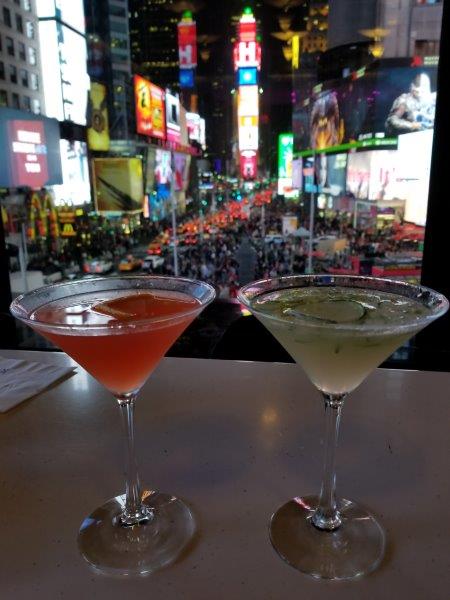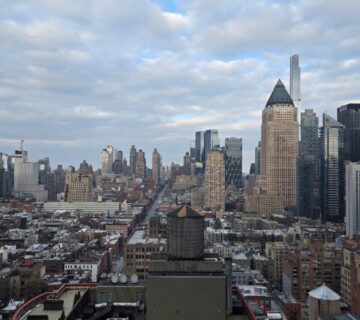New York City is known as the city that never sleeps for good reason. Its nightlife is as exciting as the options it offers to explore, entertain and amaze during the day. That being said, drinking in public can be confusing to figure out as New York City open container law has largely been unchanged since the prohibition, though the recent pandemic has ushered in some changes.
The drinking age in New York is 21 years or older. Drinking in public spaces in NYC is not permitted, though there are limited exceptions. To go cocktails are now permitted as long as they are sold with a food item, and New Yorkers have consumed bottles of beer in paper bags on the streets of New York for a long time.
New York City’s laws on public drinking are considered relatively strict when compared to other global cities. In many European cities, drinking in public is not only legal but also a common practice. In contrast, in New York City, drinking in public is illegal and can result in a fine of up to $25.
Let’s take a closer look at the evolution of New York’s open container laws, and understand what is allowed and not allowed when it comes to sipping your favorite alcoholic beverages in public spaces.
Table of Contents
The Evolution of NYC Open Container Laws
The history of drinking in public in New York City is a tale of evolving regulations that have most recently been influenced by the Covid era.
Pre-Prohibition Era
Before the era of Prohibition which was implemented in 1920, public drinking was a common and accepted practice, and permitted in public spaces without any significant legal restrictions.
Prohibition Era
During the Prohibition, which lasted from 1920 to 1933, the sale and consumption of alcoholic beverages were completely banned, which included drinking in public. This ushered in an era of speakeasies as hidden hotspots to drink alcohol. Speakeasies have become a very common feature in New York, and a couple of speakeasies that date back to the Prohibition can be found even today.
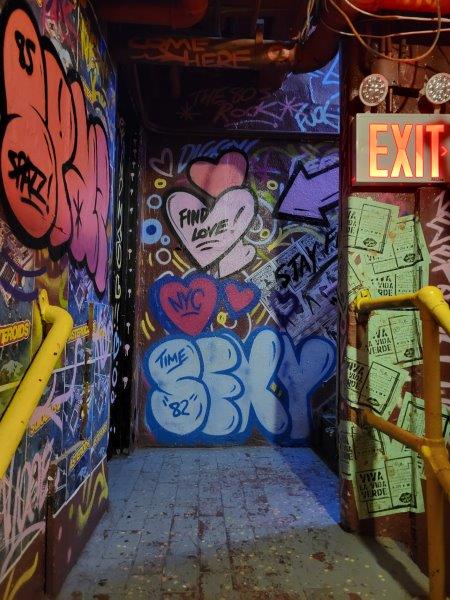
Post-Prohibition to the Present
After the repeal of Prohibition in 1933, the legal landscape for alcohol in New York City started to change. The New York Open Container Law was enacted in the late 1970s. and most of it continues to be in place even today.
Drinking in Public in New York City Today
The New York Open Container Law aims to strike a balance between public safety and individual enjoyment, and regulates the drinking age, sale and consumption of alcohol in NYC.
Drinking Age in New York
The drinking age in New York to legally possess and consume alcohol is at least 21 years of age. This is very strictly enforced by bars as they can lose their liquor license for serving alcohol to anyone under 21 years old.
Drinking in Public in NYC
New York City Open Container Law prohibits the consumption of alcoholic beverages from open containers in public spaces. However, there are exceptions that allow you to drink in public, such as to go cocktails which are required to be in containers with lids. It is also common to see New Yorkers drinking from bottles, usually beer, that are inside paper bags on the streets of New York.
The Open Container law in New York law applies to all public places, defined as any place that is accessible to the public, including parks, beaches, streets, highways, streets, sidewalks, parking areas, and shopping areas.
An open container is defined as any container that has been opened or has a broken seal, and contains alcohol.
So, while it’s okay to sip from a cup with a lid and a straw, drinking from an open can or bottle is not allowed. As such, anyone drinking a bottle of beer in a public space usually has it in a paper bag so the bottle is not visible.
Even though drinking is not permitted in public spaces such as parks, it is not uncommon to see wine being consumed discreetly by New Yorkers in the parks, especially in summer, without being disruptive or drawing attention to themselves.
Restaurants and Bars
Restaurants and bars are the most common places to consume alcohol in New York City. Most establishments have a liquor license that allows them to serve alcohol on their premises. Some restaurants are BYOB, or Bring Your Own Booze, as the permit the consumption of alcohol even though they don’t serve it.
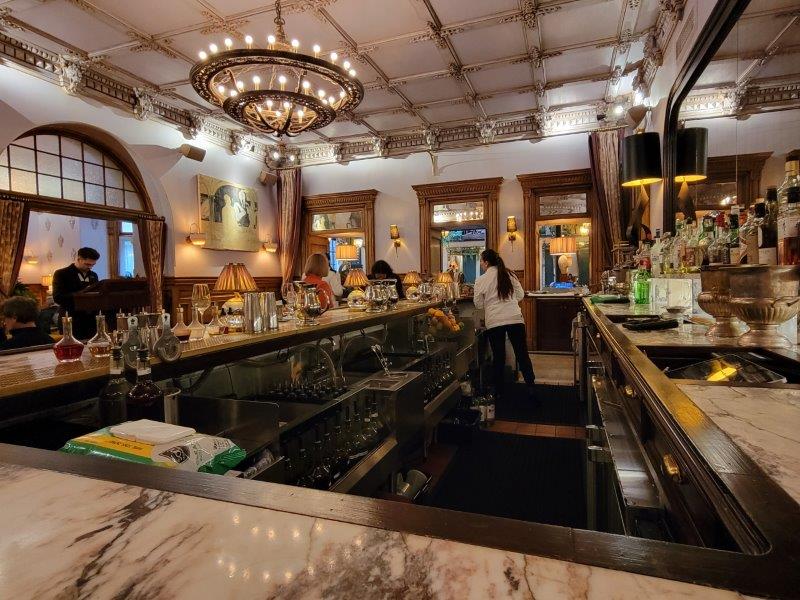
Sidewalk Cafes and Outdoor Seating
Sidewalk cafes and outdoor seating, which are here to stay after the pandemic, are common in New York City. Drinking at these designated outdoor areas is totally okay.
To Go Cocktails
The biggest change that has been ushered in by the pandemic is the sale of to go cocktails by restaurants in NYC. The cocktails must be in sealed containers and accompanied by the purchase of a food item, which makes it okay to be drinking these cocktails in public as long as they are in containers with lids. Full bottles of liquor or wine cannot be sold by restaurants to go, so it is only cocktails that can be purchased.
Drinking beer in public is not frowned upon if the bottles are not visible, and local delis usually sell them by the bottle and have paper bags you can hold them in to drink in public.
Specialty Vehicles
Specialty vehicles like limousines, party buses, and other similar vehicles designed to transport more than ten people are allowed to carry alcohol and even drink while on the road. However, drivers of these vehicles cannot drink while driving or drive while intoxicated.
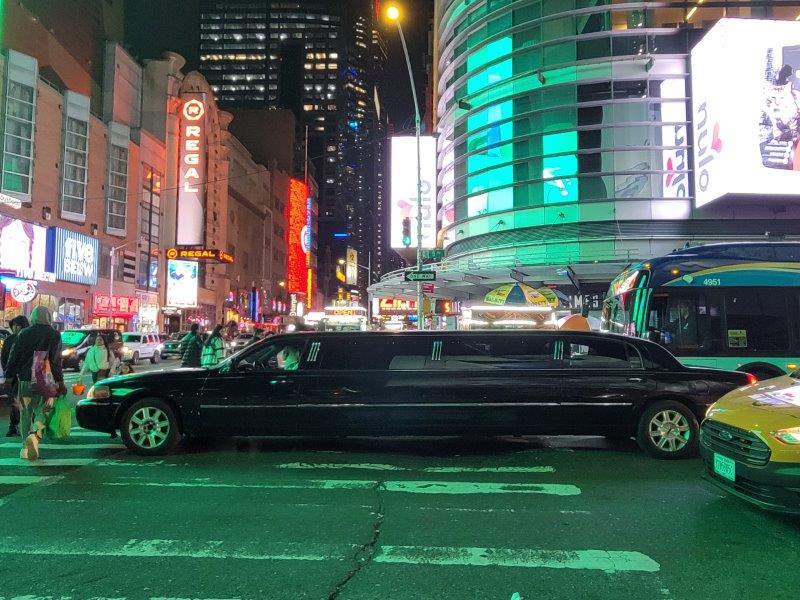
Concerts and Performances
Many concerts and performances take place in outdoor public spaces, such as Central Park. During these events, alcohol consumption is allowed in designated areas if alcohol is served at the event. Attendees are not permitted to carry their own alcohol in.
Alcoholic beverages can only be consumed in public places at a block party or other designated event that has obtained a permit for this.
Legal Alcohol Limit
There is no specific legal limit defined for blood alcohol content while in public, but public intoxication is subject to law enforcement intervention for causing disturbances or endangering yourself or others.
Private Property vs. Public Property
Consuming alcohol on private property or in establishments with a liquor license is generally allowed, provided you follow the rules of the establishment and alcohol can be served to anyone over 21.
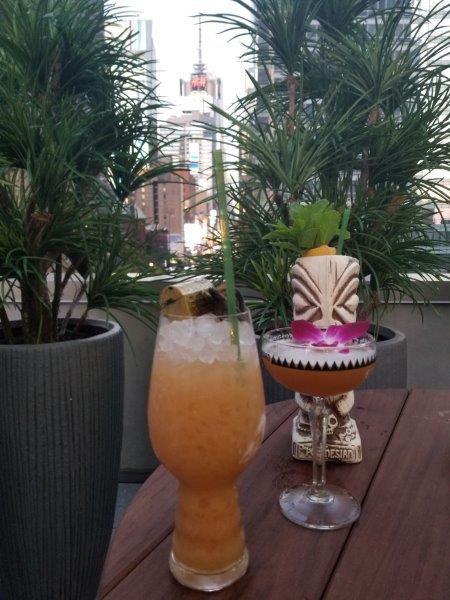
Legal Alcohol Limit for Driving
The legal alcohol limit prohibits driving a car above a blood alcohol concentration (BAC) of 0.08% or higher. Penalties for violating this law include fines, license suspension, and even imprisonment.
New York State’s laws are very strict about prohibiting drivers and passengers from consuming alcoholic beverages or possessing open containers of alcohol in a motor vehicle, whether it is moving or even parked, where someone over the legal Blood Alcohol Limit can be arrested for is sleeping in the drivers seat of a parked car.
If a driver is convicted of an open container violation in New York, they can face significant penalties, and judges also have the power to sentence open-container offenders with up to 15 days in jail.
Drinking Age in New York
The legal age in NY for drinking alcohol is 21 years. There are no exceptions made for this as establishments can lose their liquor license for selling alcohol to anyone under 21, so it is very strictly enforced.
Enforcement and Penalties for Drinking in Public in New York
NYPD Officers’ Discretion
Enforcement of public drinking laws in New York City is at the discretion of NYPD officers. If an officer sees an individual drinking alcohol in public, they may choose to give a warning or issue a ticket. The officer may also choose to take the individual into custody if they believe the person is a danger to themselves or others.
Fines and Tickets
The penalty for drinking alcohol in public in New York City is a violation, punishable by a fine of up to $25 for a first offense. Subsequent offenses can result in fines of up to $50 or even up to 10 days in jail. The officer may also confiscate any open containers of alcohol.
It is important to note that the NYPD has the discretion to issue a summons or make an arrest for public drinking. The decision to issue a summons or make an arrest is based on the circumstances of the situation and the discretion of the officer involved.
Individuals who receive a summons for public drinking can either pay the fine or contest the summons in court. If the individual chooses to contest the summons, they will need to appear in court on the date specified on the summons.
Closing Thoughts on New York City Open Container Law
New York open container law regulates the drinking of alcohol in public.
Drinking in public in New York City is not permitted except for limited exceptions, which include cocktails in to go containers with lids, and at events such as performances or block parties that have obtained permits to serve alcohol.
While drinking beer on the streets is not permitted, delis often sell beer in paper bags so it can be discreetly consumed.
Alcohol can be consumed at sidewalk cafes or outdoor seating for bars and restaurants with liquor licenses.
The drinking age of over 21 years is very strictly enforced as bars can lose liquor licenses for any violation.
Drunk driving is a very serious offense, and a blood alcohol concentration (BAC) of 0.08% or higher has serious consequences if you are in the drivers seat, even of a parked car in New York City.

